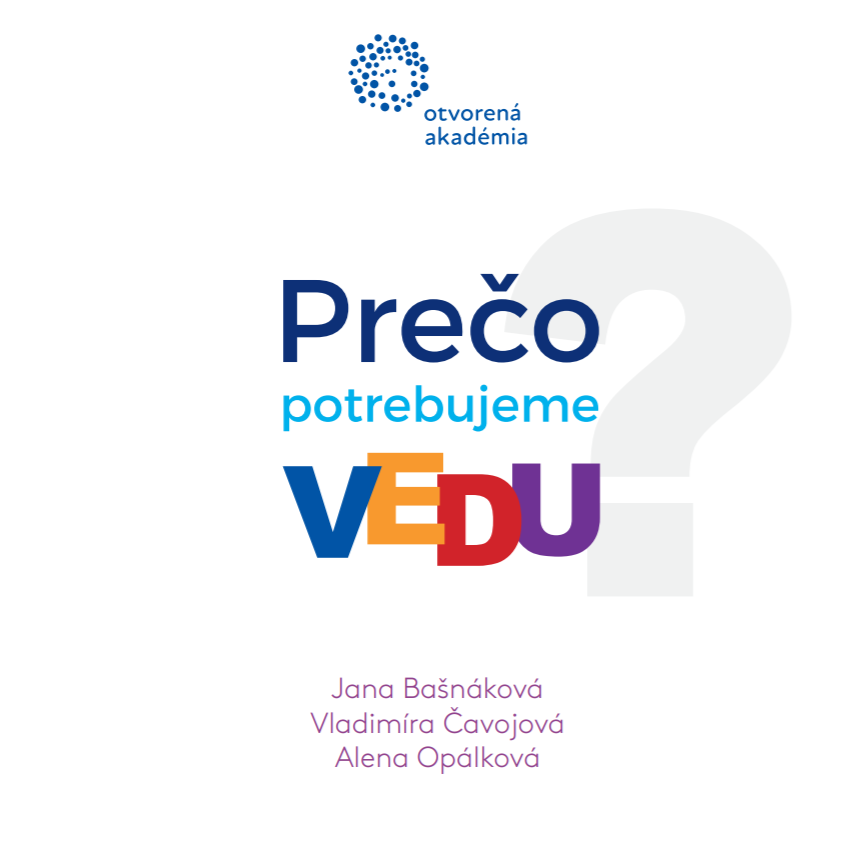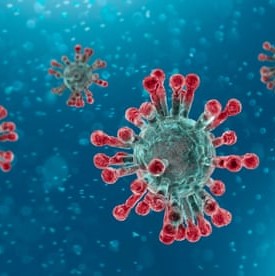How to avoid pseudoscience, conspiracy theories and hoaxes

1. When reading a piece of news (especially particularly worrying), seek confirmation of this information from an independent source. For example, what the search engine displays when you enter keywords like "ibuprofen" and "coronavirus", or if, in the meantime, this information did not appear on the police website that monitors hoaxes: https://www.facebook.com/hoaxPZ/
2. When reading the information, check who the author is and what their expertise is in the field. Is this information shared by your friend or the Chief Public Health Officer?
3. Does the information refer to a specific source or authority (and can, therefore, be confirmed), or does it refer to "secret sources", "Austrian scientists" and the like? Hoax with ibuprofen referred to the University of Vienna so that the information could be verified as untrue relatively quickly and the University of Vienna distanced itself from it. Therefore, hoaxes often use references to unverifiable sources (an acquaintance from Italy), which should increase your vigilance.
4. Look for alternative explanations. Is only one explanation possible or can the information be explained differently? Consider also other explanations and then decide for which there is more evidence.
5. Engage mindfulness of language and emotion. Is the message factual or does it use emotionally charged language that evokes fear and the need for an immediate response? For example, if you read on a social network that ibuprofen worsens the course of COVID-19, let’s take a moment before sharing said information and notice what the report has caused us - a sense of threat and therefore the need to act immediately. Emotions are usually a good signal to take action (this is their main function), but the few extra seconds you take to realize that the purpose of the report is to arouse fear and immediate reaction can help you start the "cold" processes in your head and you can proceed to the next points.
6. Engage mindfulness in your beliefs as well. Do you believe the information because it says what you think or promotes your explanation, or is it because it provides ample evidence? In particular, hoaxes and conspiracies that speak of the evil intentions of various authorities (government, scientists, Freemasons, etc.) can be massively shared also because they confirm people's natural distrust of certain authorities.
7. Quantify. Put numbers in context. Does the information talk about any specific numbers and give them context? There is a difference when we talk about 10% out of 100 and when we talk about 10% out of 1,000,000..
8. And one final tip: Dose the amount of information. Although the situation is serious and no one can predict with certainty how the next few days will unfold, it is highly likely that urgent messages will reach you anyway. Compulsive monitoring of social networks, which distorts our perception according to the social bubble we are in, can cause us more anxiety than is healthy for us.
Views: 36

